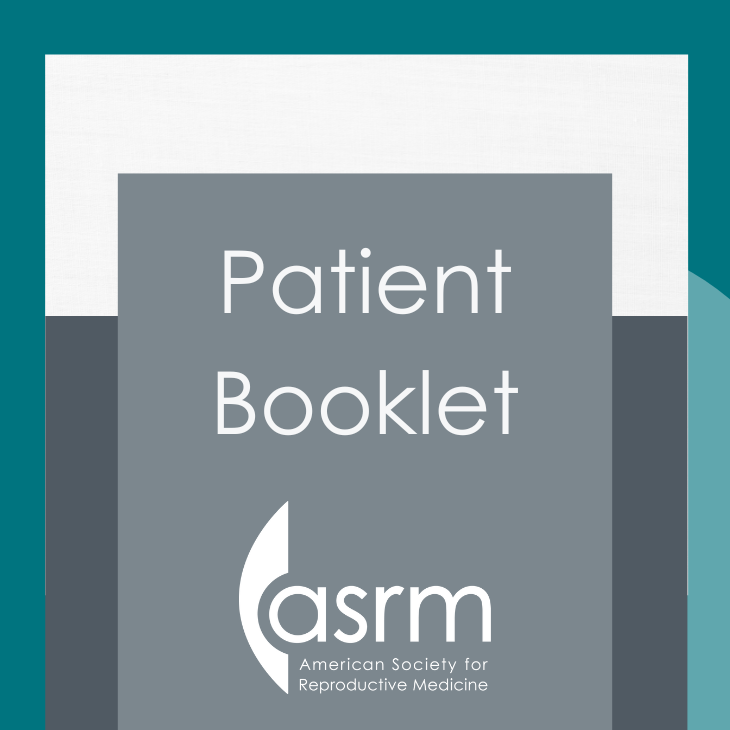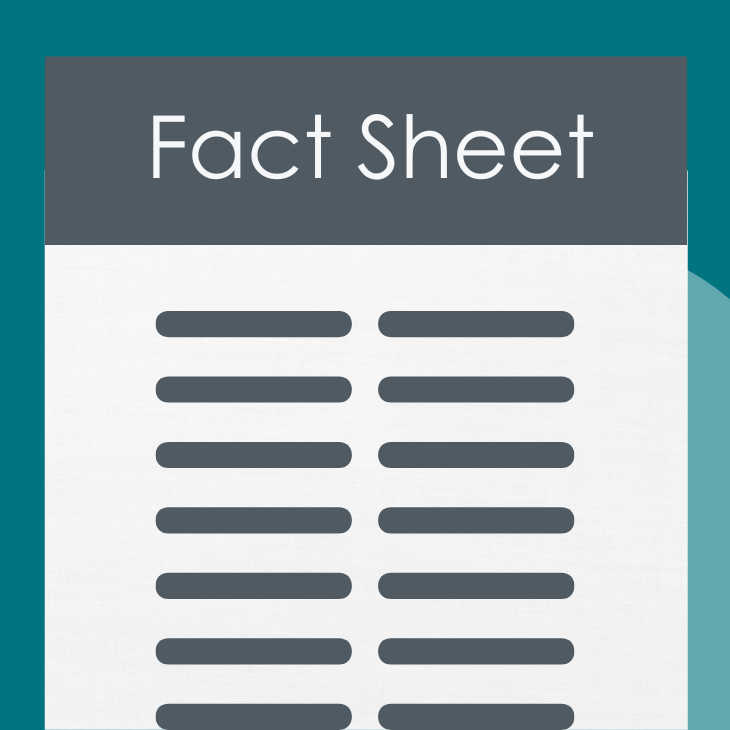What is egg donation?
Egg donation is when a woman (donor) gives her eggs to another woman (recipient) to allow the recipient to have a baby. To donate eggs, the donor must be given medications that will cause her to develop multiple eggs over a single cycle. The eggs are then removed from the donor by placing a needle that is attached to an ultrasound probe through the vaginal tissues. The eggs are then gently aspirated (suctioned) from the ovaries. Once the eggs are removed, they are evaluated by an embryologist. Then sperm from the male partner or a sperm bank is placed around or injected into each egg. This process is called in vitro fertilization (IVF).How is the recipient prepared for the embryo transfer?
The recipient’s uterus (womb) must be synchronized with the donor’s stimulation so that they are ready at the same time. There are several ways to achieve this. If the woman still has regular menstrual cycles, medication is often used to suppress her ovaries and her menstrual cycle. Once the donor starts the medication to stimulate her ovaries, the recipient begins taking estrogen to develop her uterine lining. Around the time of egg retrieval, the recipient will begin taking progesterone to enable the implantation of the embryo (fertilized egg). The embryo(s) will be transferred to the recipient’s uterus three to five days after fertilization. Hormones continue to be given until the pregnancy test and then, if the test is positive, during the early part of the first trimester of the resulting pregnancy.Who should consider using an egg donor?
Egg donation is used for a woman who wishes to have a child but cannot get pregnant with her own eggs. This may be because she was born without ovaries, is in menopause, did not respond adequately to hormonal stimulation of her ovaries in the past, or has had poor egg or embryo quality with previous IVF attempts. Women may also choose to use a donor if they have a genetic disease that they do not want to pass on to their children.Who can become an egg donor?
Egg donors are women, usually between the ages of 21 and 34, who are willing to provide their eggs to a recipient. They may be anonymous (unknown) or known to the intended parents. Anonymous donors are recruited through egg donation programs or agencies and are not known to the recipient. However, some couples find donors through advertisements. Recipients should be cautious about recruiting donors without the use of an intermediary to screen the donors and should strongly consider seeking legal counsel. Known (also called directed) donors are generally a close friend or relative of the recipient.What tests are performed on the donor?
The donor is tested for infections such as HIV, Hepatitis B and C, gonorrhea, chlamydia, and syphilis. All donors should be tested to be sure that they are not carriers of the cystic fibrosis gene. Other genetic testing should be performed based on the donor’s history and ethnic background. Some programs perform chromosome analysis and test for Fragile X syndrome; however, this testing is not required. Psychometric testing is often done as part of mental health screening.How should the recipient be evaluated?
Evaluation of the recipient is similar to that of couples undergoing routine IVF. This should include a comprehensive medical history from both partners, including blood type and Rh factor, and testing for sexually transmitted diseases including HIV, hepatitis, gonorrhea, chlamydia, and syphilis. The couple should be counseled by a mental health professional about the complexity of the decision to use donor eggs.The recipient should have a pelvic exam and an assessment of her uterus (womb). If she is over 45 years old, a more thorough evaluation should be done, including an assessment of heart function and risk of pregnancy-related diseases. She may also be advised to see a doctor who specializes in high-risk pregnancy. The male partner’s sperm should be analyzed, and appropriate genetic screening should be obtained based on his history and ethnic background.
What is the chance that a donor egg cycle will result in pregnancy?
The success of egg donation depends on many factors but is not considered to be related to the age of the recipient. Success rates compiled by the Centers for Disease Control for the year 2010 show an average birth rate per embryo transfer of 55% for all egg donor programs.Fact Sheets/Booklets
View more fact sheets and booklets written by the ASRM Patient Education Committee.
Assisted Reproductive Technologies (booklet)
This booklet will help you understand in vitro fertilization (IVF) and other assisted reproductive technology (ART) that have become accepted medical treatments for infertility.
Hormonal Contraception
Hormonal contraceptives contain a progestin (progesterone medicine) with or without an estrogen.
What do I need to know about Zika virus and trying to have a baby?
Common symptoms include fever, rash, joint pain, conjunctivitis (red eyes), muscle pain, and headache.
Third-Party Reproduction
The phrase “third-party reproduction” refers to involving someone other than the individual or couple that plans to raise the child (intended parent[s]) in the process of reproduction.Egg Donation
Find a Health Professional
Connect with reproductive medicine experts who will guide you through your unique journey. Our search tool allows personalized matches based on location, specialization, and expertise. Take control of your reproductive health with compassionate providers, innovative treatments, and unwavering support.
Search for an Expert











